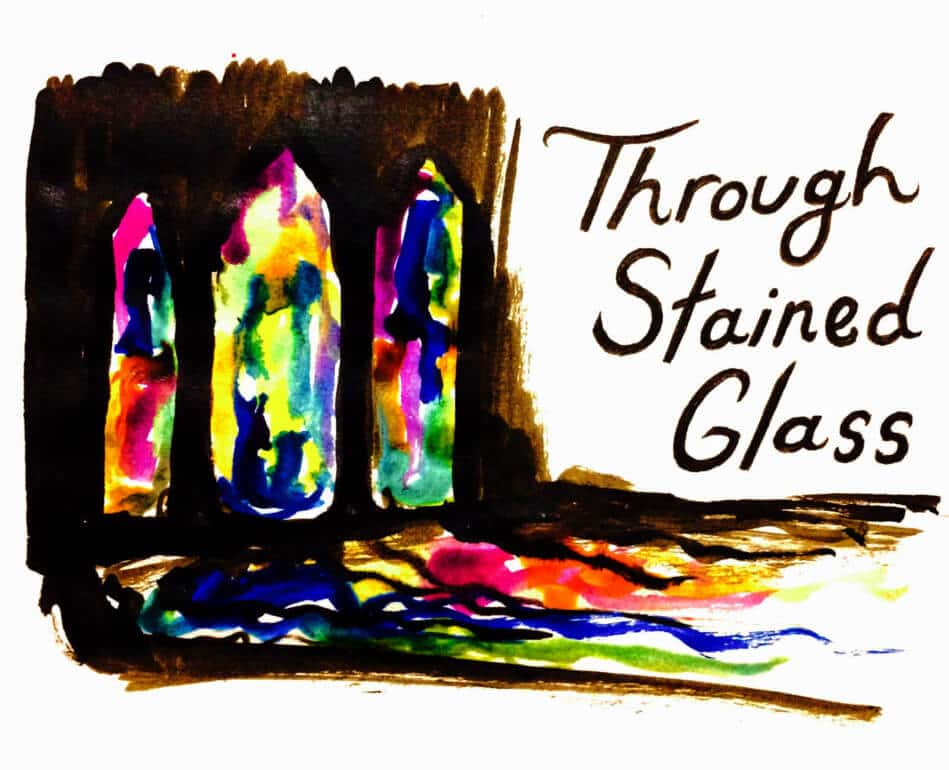 Globalization was the buzzword of the Clinton era, the 1990s. The world was changing, and we were becoming more and more aware of ways in which the world was being understood differently. As New York Times writer Thomas Friedman captured in his book titles The World is Flat and Hot, Flat, and Crowded we began to see the world as a smaller place.
Globalization was the buzzword of the Clinton era, the 1990s. The world was changing, and we were becoming more and more aware of ways in which the world was being understood differently. As New York Times writer Thomas Friedman captured in his book titles The World is Flat and Hot, Flat, and Crowded we began to see the world as a smaller place.
It was in the 1990s that Hillary Clinton, as first lady, pushed causes of global health and education into the public eye. Clinton emphasized the role of community in the welfare of all people and the importance of recognizing the world as a global community. Her work on education in the United States drew its title from words of traditional African teachings about the shared responsibility for nurturing children: It Takes a Village.
We seem to have lost this particular proverb. Perhaps it was killed, in part, by its popularity and overuse in media. It is an ideal, certainly, of shared responsibility and commitment not only to our own children, but to our society and all of its children. It was a little distressing to me, then, to see a recent news article, published this past August in the Globe and Mail, that not only lamented the loss of shared responsibility, but suggested that parenting has become “a competitive sport rather than a communal responsibility.”
It was, in part, a lament for days of neighbourhood responsibilities to neighbourhood children, and a criticism of our increasingly individualistic world in which children must be protected and prepared to excel. It is perhaps this phenomenon that has generated what has been referred to as “helicopter parenting,” something with which student services providers are familiar at university campuses across North America.
It seems to me, in my chaplaincy role on a university campus – speaking both from inside the chapel and the community of faith, and inside the academy and its community of scholars – that we need to pay more attention to the idea of community. University is truly the place where we can and should model this ideal, given that the Latin root of the word “university” means “all of us [together].”
As universities emerged in the later Middle Ages, they emerged as communities, drawn from strands of learning within the church. The ideal of community is still an ideal for the church. In its earliest days, the apostle Paul noted that life was shared, and that if one member suffered, all suffered together; if one member was honoured, all rejoiced together [1 Corinthians 12]; and giving the injunction to “Rejoice with those who rejoice, weep with those who weep” [Romans 12].
True community is an ideal, but a realizable one in which we look for common goals, share responsibility for nurturing our students and one another to adulthood and scholarship, and take on the task of sharing in the work that a university is all about. I don’t know about others, but I will be doing my part as a member of the university village to serve in loco parentis, looking out at those around me through stained glass.





